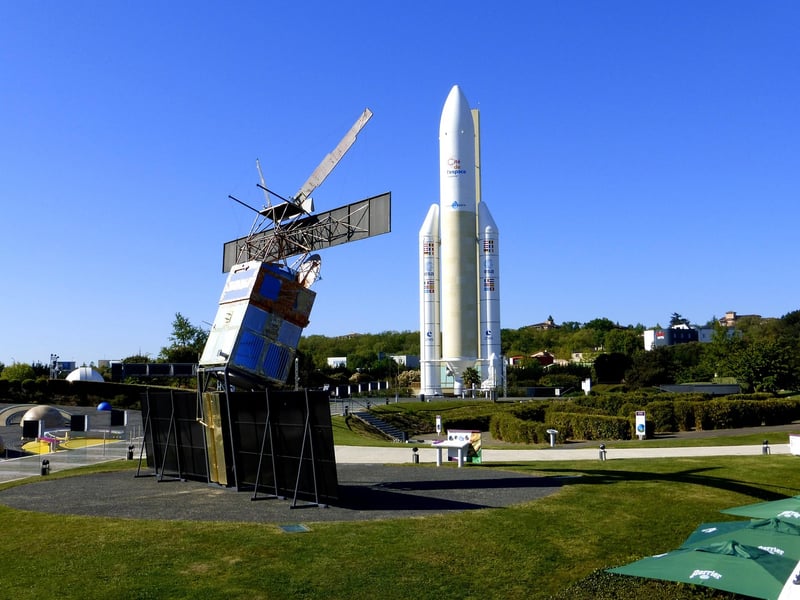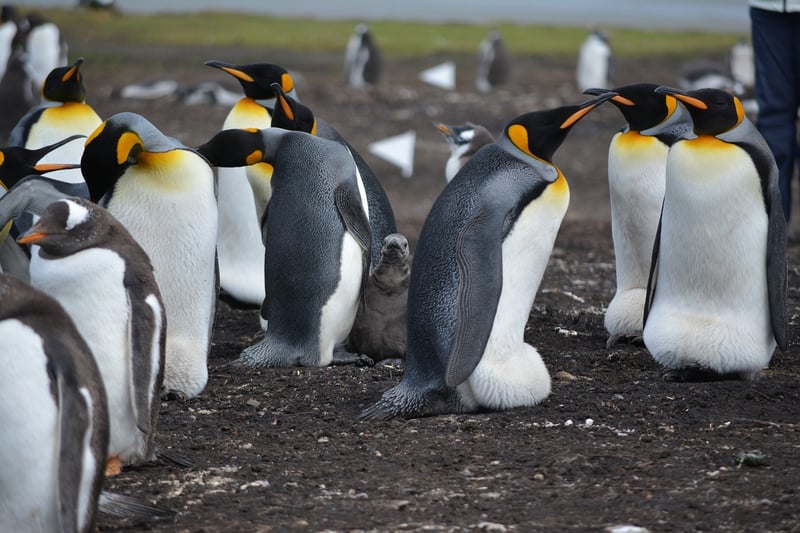Space Colonies
The Most Exciting Time Periods in Space Colonization History
Space colonization has always been a fascinating topic for many people, sparking dreams of exploring the unknown and expanding humanity's presence beyond Earth. Throughout history, several time periods stand out as particularly exciting in the journey towards establishing space colonies.
1. The Space Race (1955-1972)
The Space Race between the United States and the Soviet Union was a pivotal time in space exploration history. It saw the launch of Sputnik, the first artificial satellite, Yuri Gagarin becoming the first human in space, and Neil Armstrong's iconic moon landing. These achievements laid the foundation for future space colonization efforts.

2. The Golden Age of Science Fiction (1940s-1960s)
Science fiction writers like Isaac Asimov, Arthur C. Clarke, and Robert A. Heinlein envisioned grand space colonies and futuristic technologies in their works. Their ideas inspired scientists and engineers to turn these fictional concepts into reality.

3. Current Exploration and Private Space Companies (21st Century)
In the 21st century, space exploration has seen a resurgence with government agencies like NASA, ESA, and private companies like SpaceX and Blue Origin leading the way. Ambitious plans for Mars colonization and the establishment of lunar bases have reignited public interest in space travel and colonization.

4. Future Possibilities and Beyond
As technology advances and our understanding of space grows, the prospects for space colonization continue to expand. Concepts like terraforming planets, building space habitats, and interstellar travel are no longer just science fiction but realistic goals for the future.
Exciting times lie ahead as humanity pushes the boundaries of space exploration and works towards establishing permanent colonies beyond Earth.
Explore more images related to space colonization on Pixabay.
